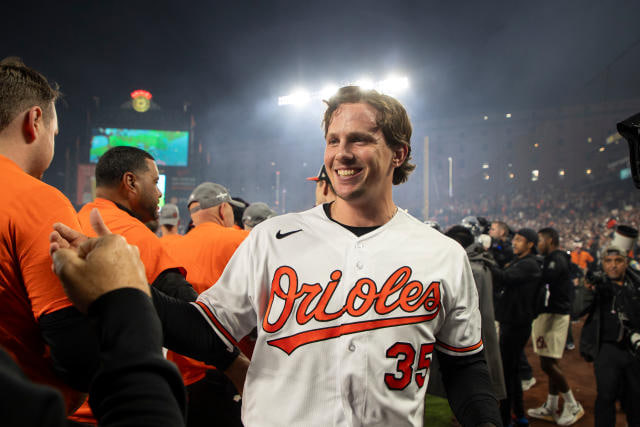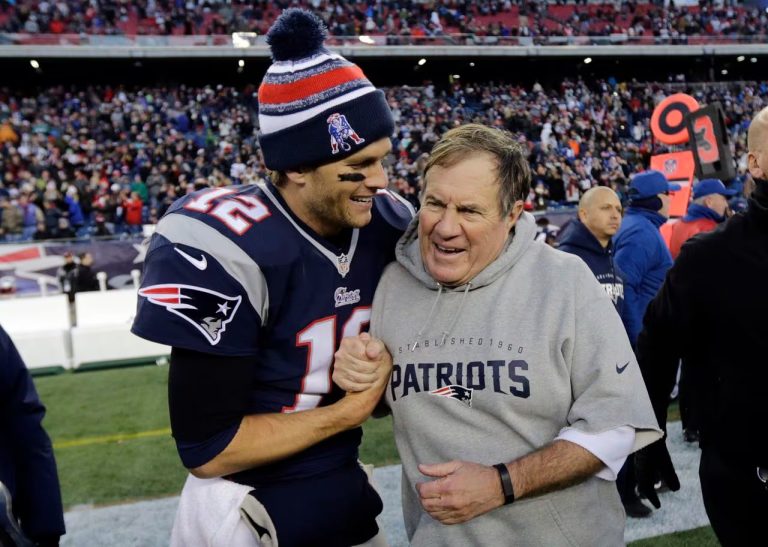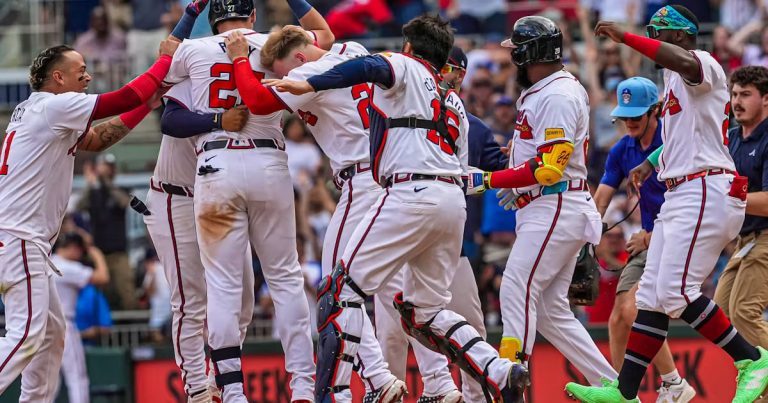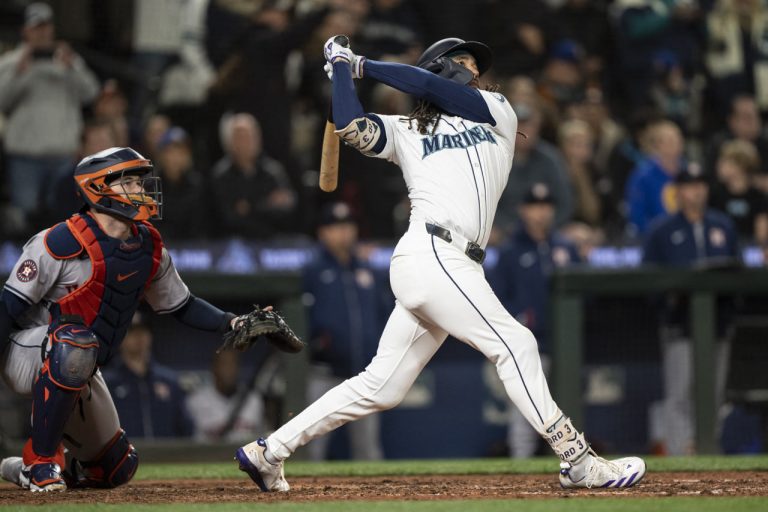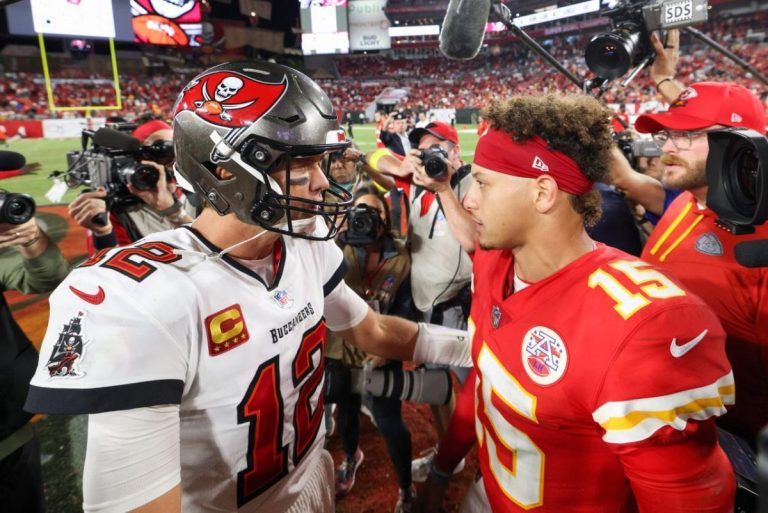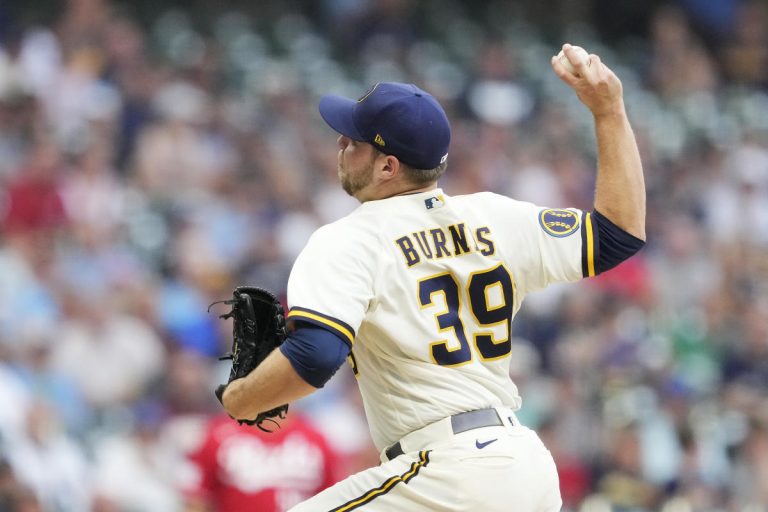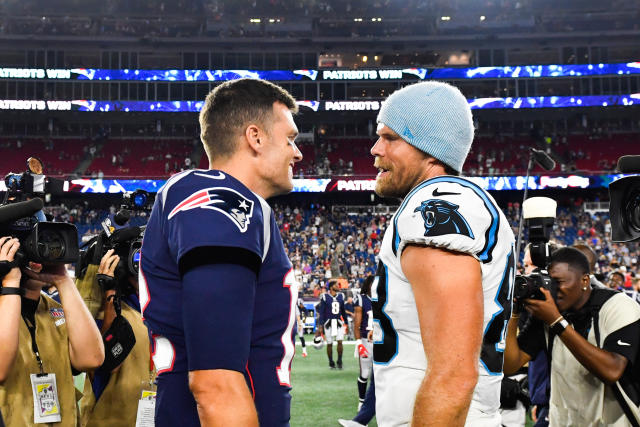Two billionaires will purchase the Baltimore Orioles from the Angelos family for a $1.725 billion valuation, according to sources
The much-anticipated sale of the Baltimore Orioles is said to have finally taken place. The Angelos family has agreed to sell the MLB franchise to two billionaires, David Rubenstein and Mike Arougheti, at a valuation of $1.725 billion, as reported by John Ourand from Puck News and Sportico.
American Football | League Scores & Updates.
Both Rubenstein and Arougheti have backgrounds in private equity, with Rubenstein being the co-founder of the prominent Carlyle Group and Arougheti serving as the co-founder of Ares Management. It is noted that Rubenstein, who is originally from Baltimore, will assume the role of the control person in the new ownership group for the Orioles.
According to Ourand, the agreement will be arranged to grant the new ownership group a 40% share in the club initially, with the sale of the remaining stake to occur after the passing of the family’s patriarch, Peter Angelos. Angelos, who acquired the Orioles in 1993 leading a group that paid $40 million, has been reportedly incapacitated due to illness for several years.
The official details of the sale will be presented to MLB’s other owners during the upcoming annual owners meeting next week. Currently, there is no specified timeline for the completion of the deal.
The Orioles’ change in ownership comes at a crucial juncture in the team’s history.
From an external perspective, the Orioles might seem to be in an excellent position. Under the leadership of general manager Mike Elias, the team has assembled one of the most impressive collections of young talent in MLB. This talent pool includes notable names like catcher Adley Rutschman, third baseman Gunnar Henderson, and starting pitchers Kyle Bradish and Grayson Rodriguez, who played pivotal roles in the 2023 team achieving a remarkable 101-61 record and clinching its first division title since 2014.
What’s even more promising for the Orioles is the prospect of the future, as the team currently boasts arguably the strongest farm system in baseball. Jackson Holliday, the first overall pick in the 2022 MLB Draft, is widely recognized as the best prospect in the sport, anticipated to become a future superstar. Additionally, MLB Pipeline ranks several other Orioles prospects, including catcher/first baseman Samuel Basallo (No. 17), outfielder Colton Cowser (19), corner infielder Coby Mayo (30), outfielder Heston Kjerstad (32), and infielder Joey Ortiz (63), all within the top 100 prospects. Notably, the Orioles trail only the Chicago Cubs in the number of top-100 prospects, with a total of six.
Despite these positive aspects, the fact that news of the ownership sale is widely celebrated in Baltimore suggests a deeper narrative about the team’s overall standing.
Before this sale, it seemed that the Orioles’ strategy was centered on winning with a cost-effective approach through the utilization of young talent. The team’s payroll for the 40-man roster was $89.4 million last season, ranking as the second-smallest in baseball. For the current season, the payroll figure of $99.3 million is presently the third-smallest in the league.
While achieving success with a young and cost-effective team is enjoyable, there were doubts about the Orioles’ willingness to invest the necessary funds to retain all, or even some, of that talent in Baltimore. John Angelos, the controlling owner and son of Peter Angelos, caused concern among fans last year when reports suggested that he deemed paying the team’s core as “not feasible.”
The Angelos family has earned a reputation for being frugal and unpredictable, with recent incidents including the suspension of popular broadcaster Kevin Brown and an attempt to take a tough stance with the state of Maryland regarding the beloved Camden Yards.
Unfortunately for the Angelos family, achieving a World Series victory with a low-tier payroll is extremely challenging in modern MLB. Teams like the Oakland Athletics and Tampa Bay Rays have not accomplished this feat. Even franchises such as the Houston Astros and Chicago Cubs, which initially had lower salaries before winning championships, ultimately succeeded by bringing in high-paid players like Justin Verlander and Jon Lester. Notably, even the 2015 Kansas City Royals, a successful team, had a payroll ranking in the middle of the pack.
Consequently, the critical question facing the new ownership group is their commitment to future spending, particularly concerning extensions for key players such as Rutschman and Henderson. While the fact that Rubenstein is a Baltimore native may instill hope that he will invest enough to make the team competitive, there is always the possibility that, like some other “fan” owners, he might choose a different path.
The second significant question for the new owners pertains to the team’s television strategy and what decisions will be made in that regard.
The Orioles and the neighboring Washington Nationals have been entangled in one of the most unusual local broadcasting arrangements in sports since the Nationals arrived in 2005.
As part of a settlement with Angelos, MLB established the Mid-Atlantic Sports Network (MASN), which holds the television rights for both teams but is predominantly controlled by the Orioles. This network has been a legal source of contention for over a decade, with the Nationals accusing the Orioles of underpaying them by tens of millions of dollars.
Last year, MASN agreed to pay Washington an additional $100 million, but this covered only the 2012 through 2016 seasons. Many unresolved issues remain for MLB, MASN, the Orioles, and the Nationals, as virtually none of the parties involved are satisfied with the current arrangement, except perhaps their lawyers’ financial accounts.
This situation has been a significant hindrance in the potential sales of both teams. The sale of the Orioles could indicate that negotiations have progressed to a point where Rubenstein and Arougheti feel comfortable with the purchase. Alternatively, MLB might insist that the new owners commit to resolving this matter before approving the sale.
At the very least, the Orioles’ sale signifies a new participant at the negotiating table for MASN.

